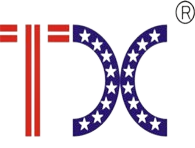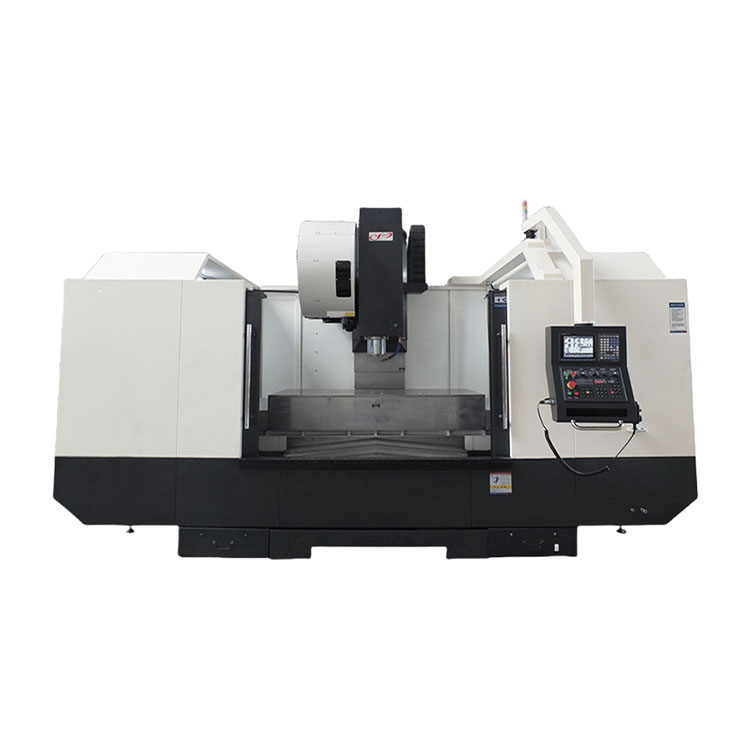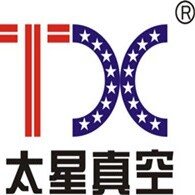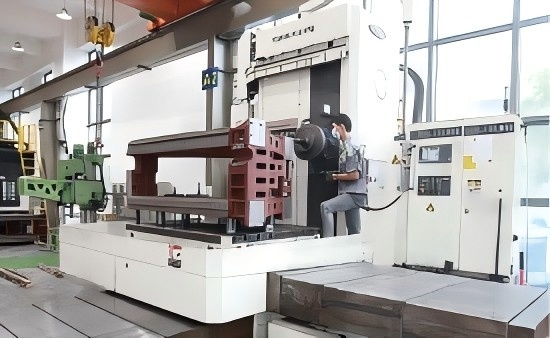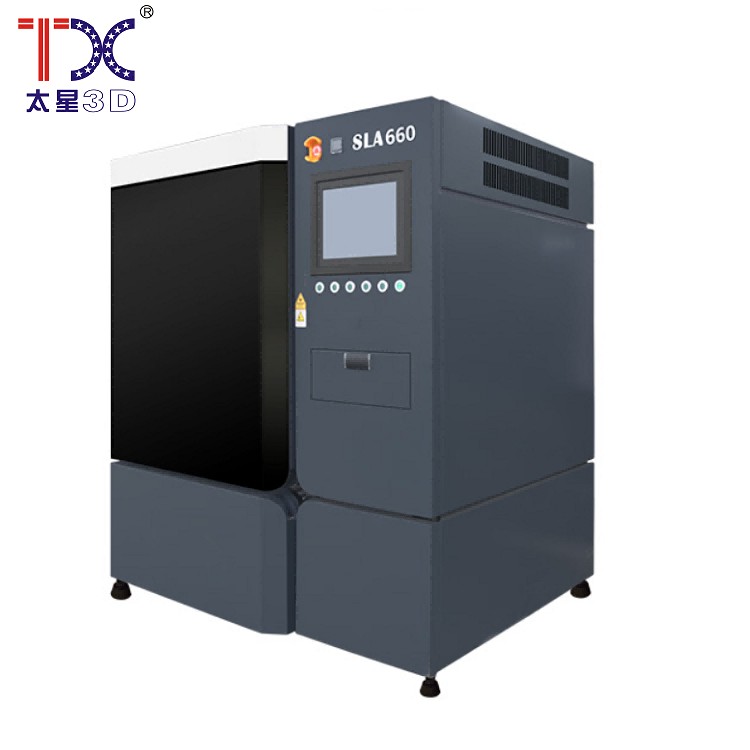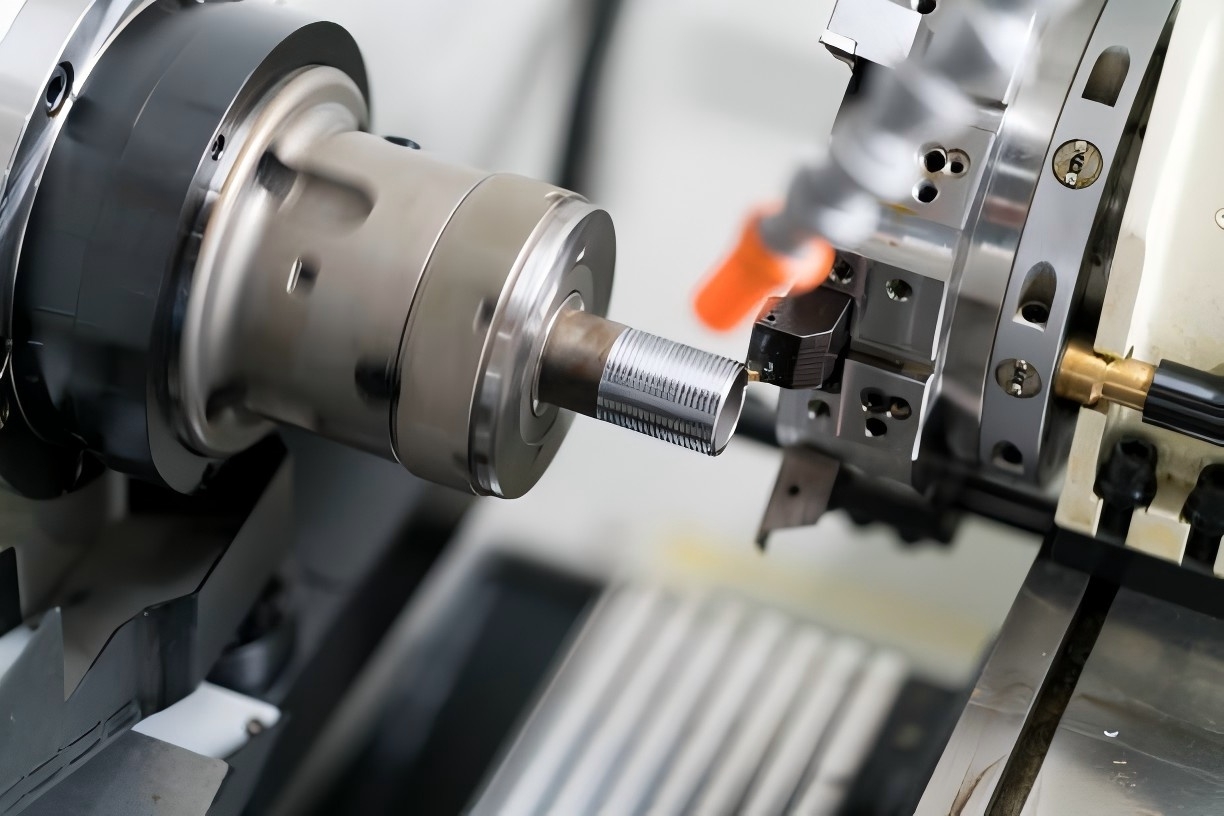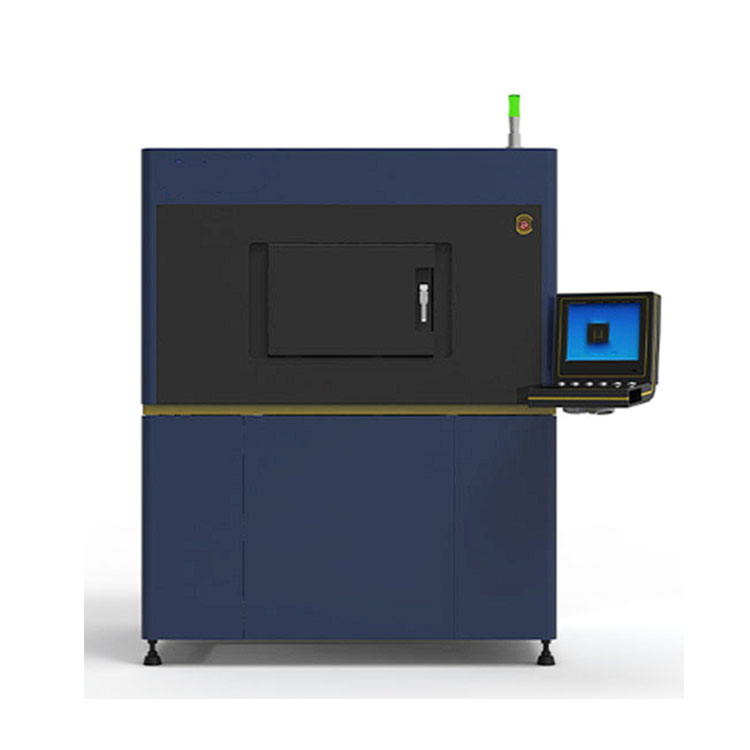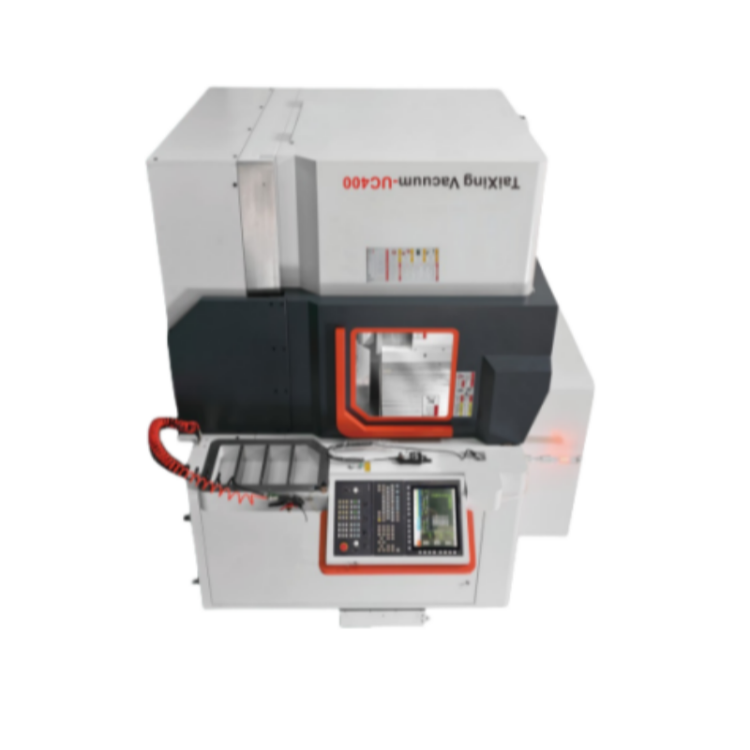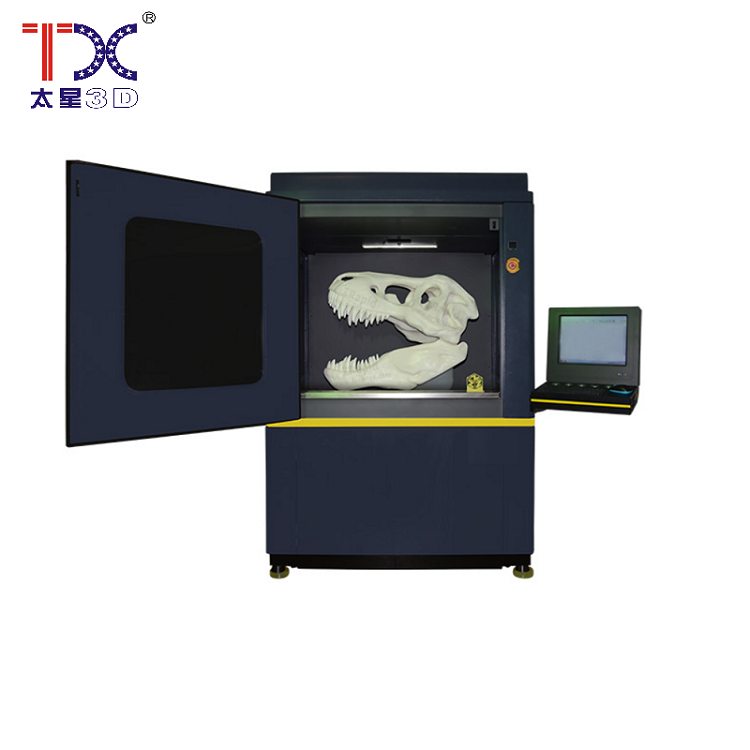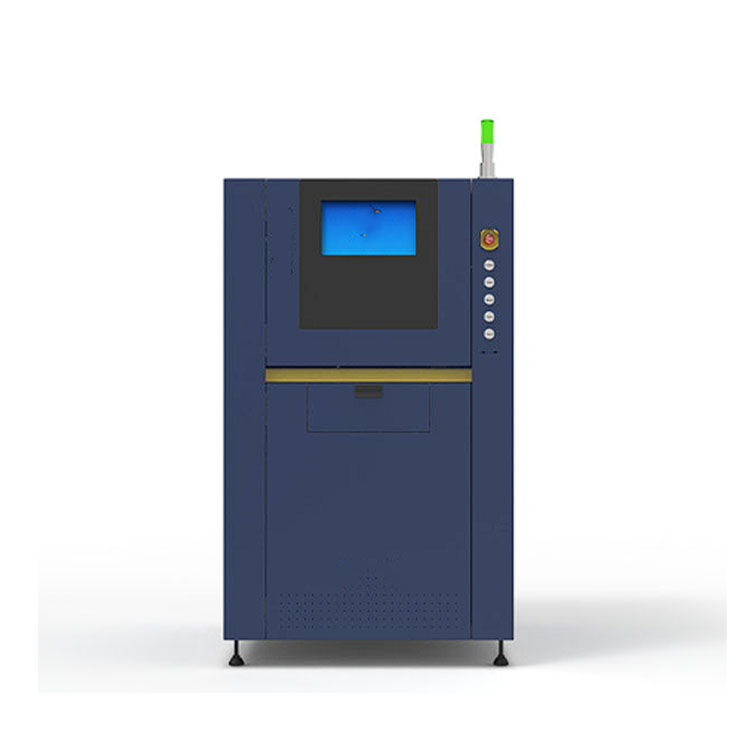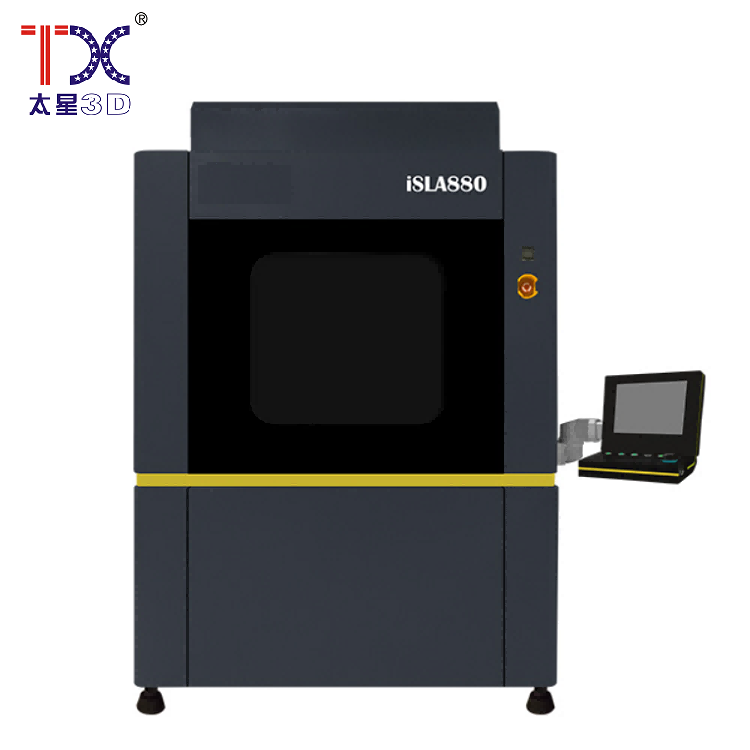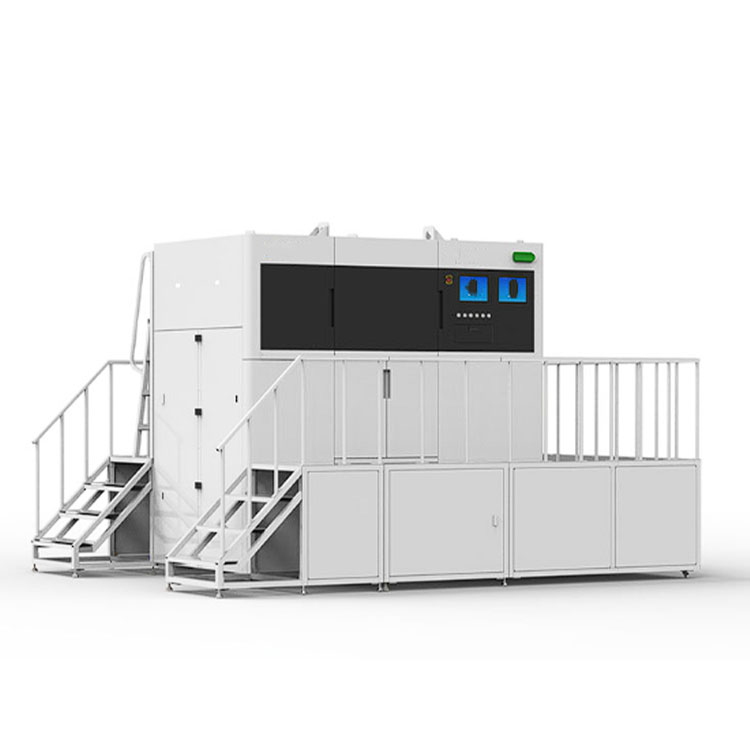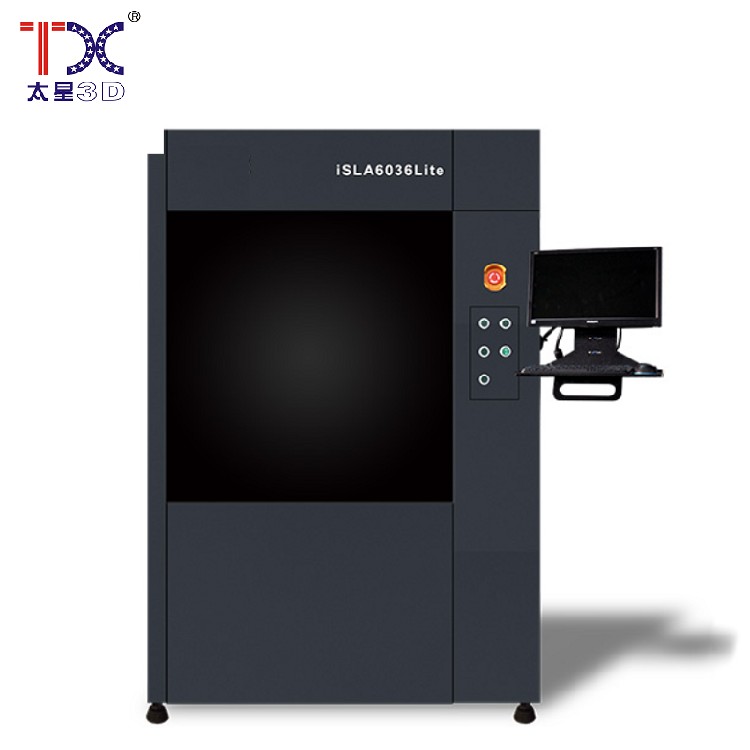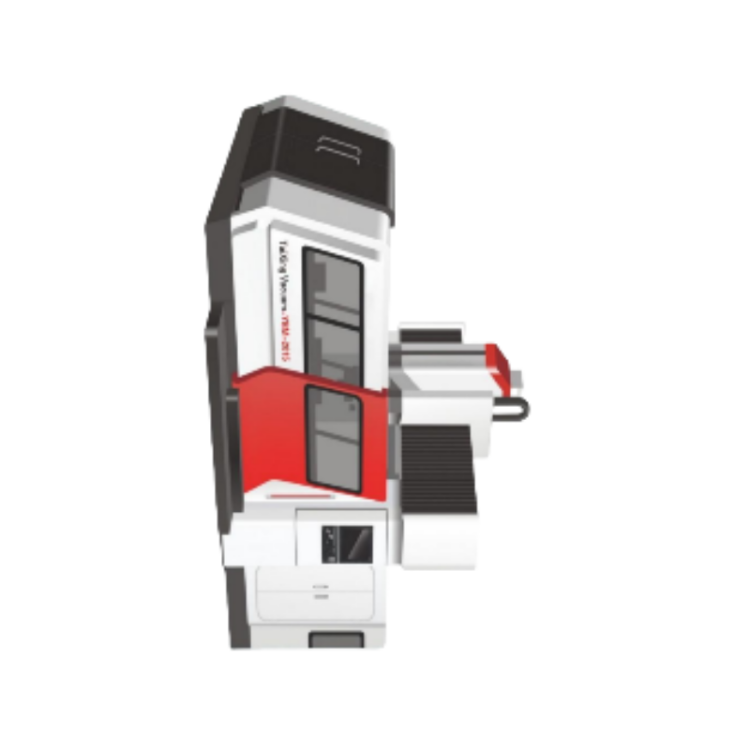
Products
-
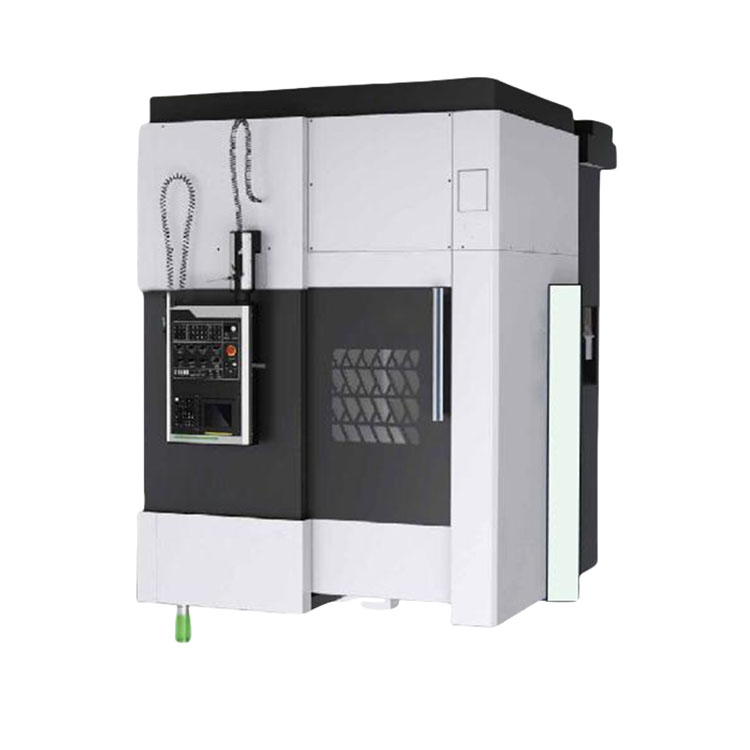
Taisin Vertical CNC TXLC-500 CNC
-
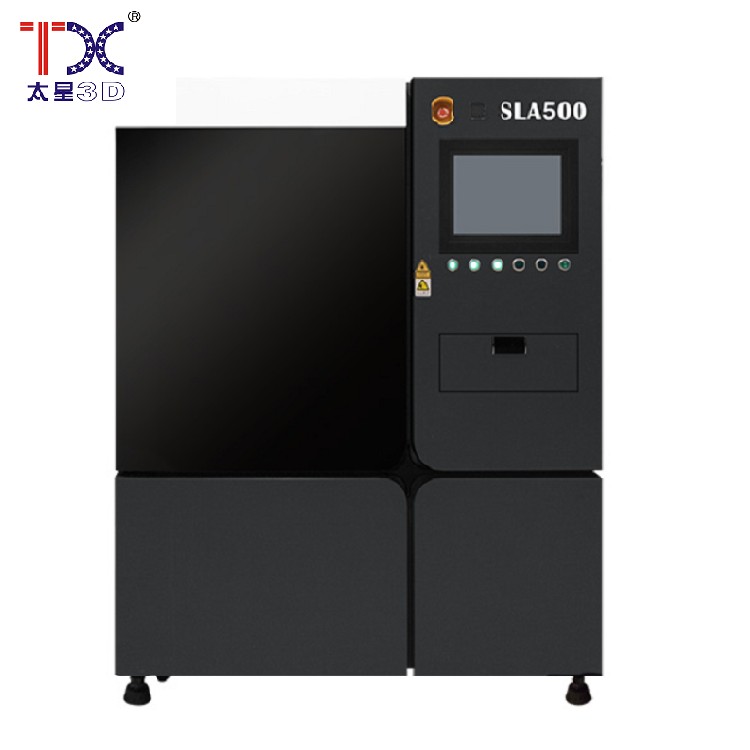
Taisin Light-adoptive 3D printer SLA500
-
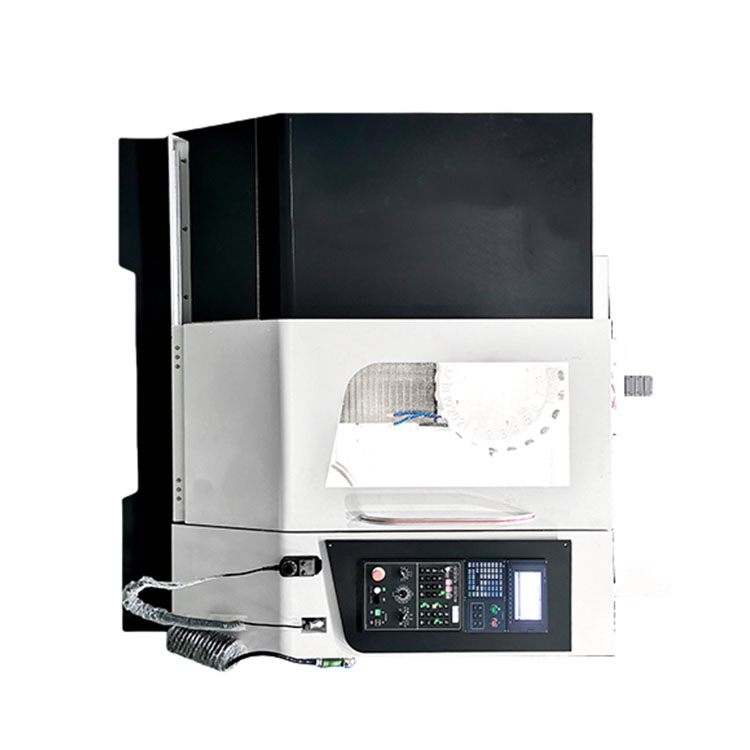
Taisin processing center for drilling and cutting threads TXT-800
-
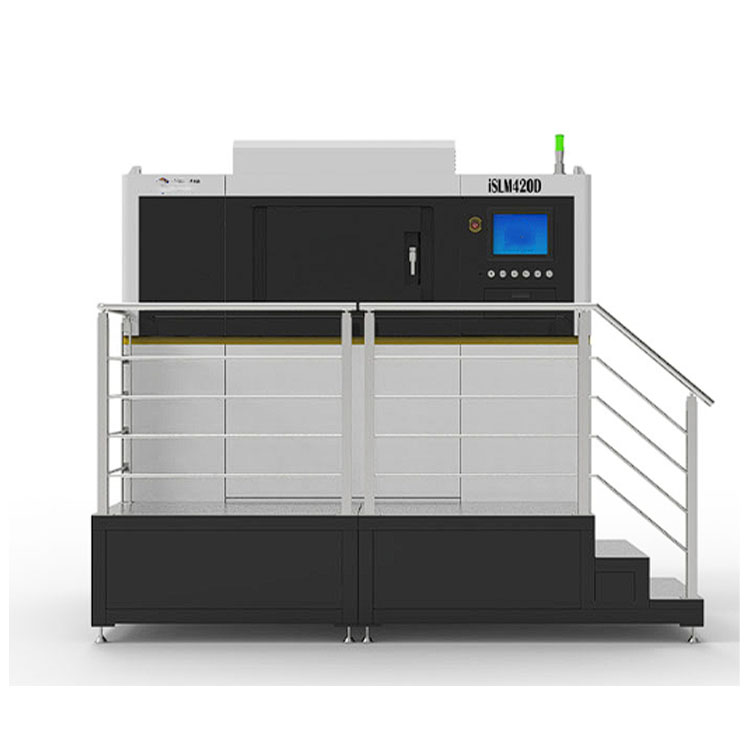
Taisin Metal 3D printer ISLM350DN
-
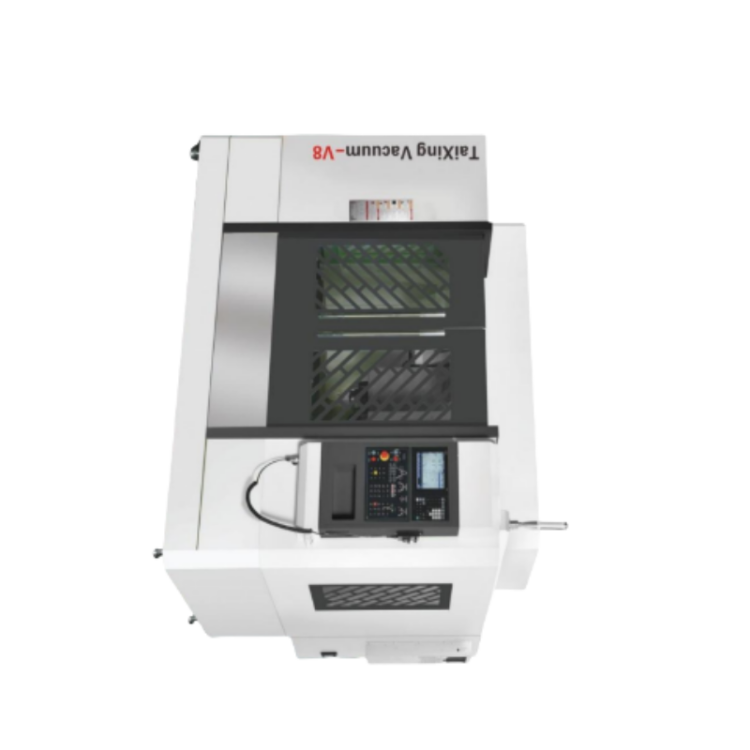
Taisin high-speed and high-precision processing center for processing parts TX-V8
-
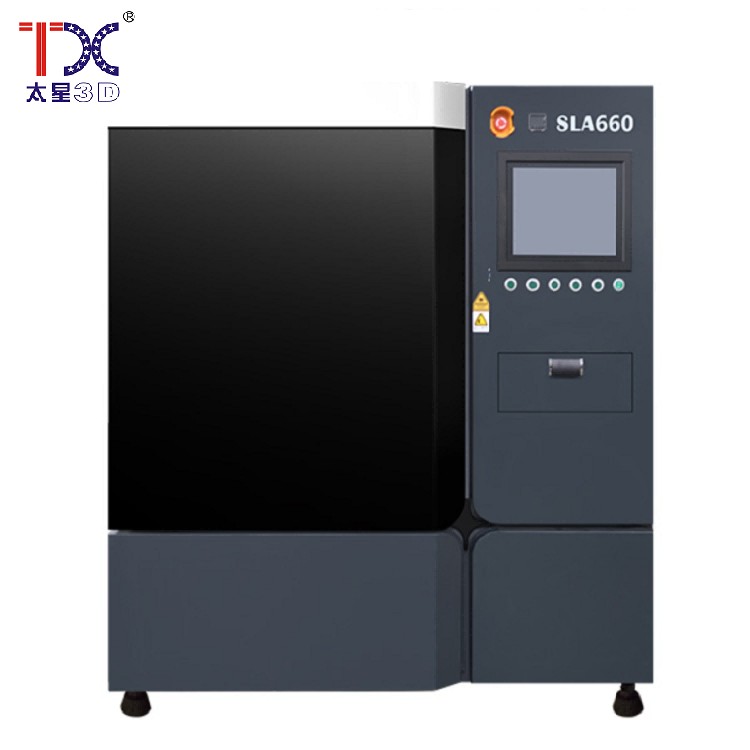
Taisin Light-adopted 3D printer SLA660
-
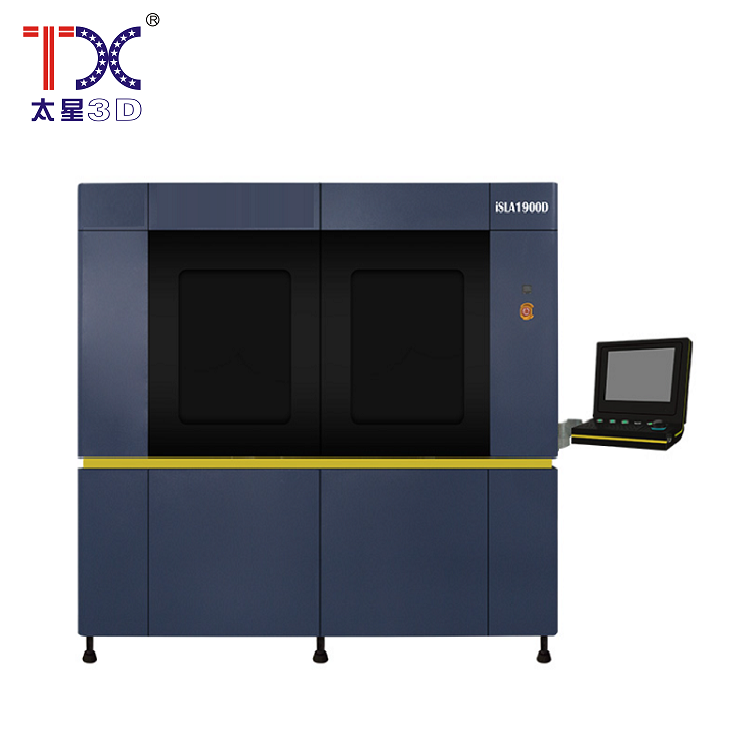
Taisin Light-adoptive 3D printer SLA1900D
-
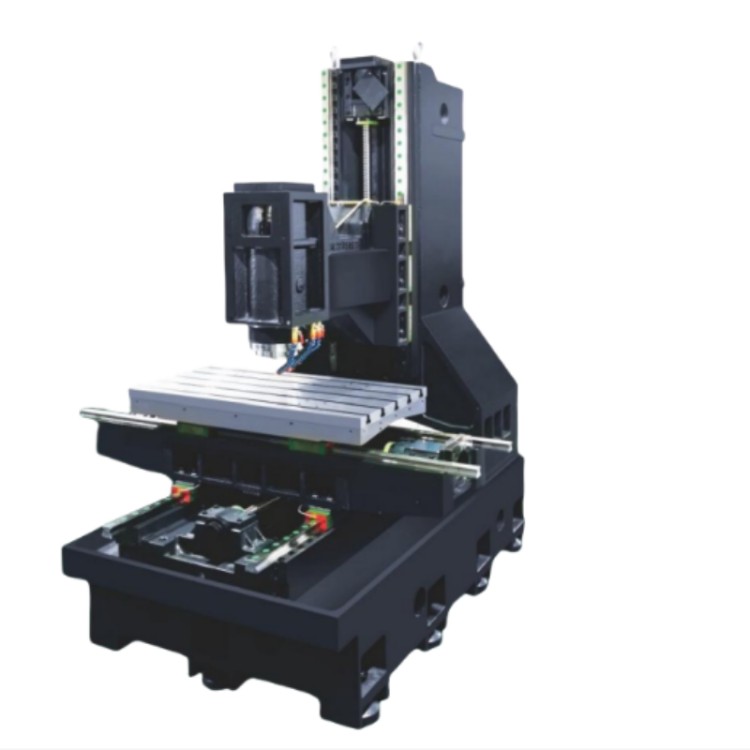
Taisin three-wire rail molding machine of high stiffness TX-6027
-
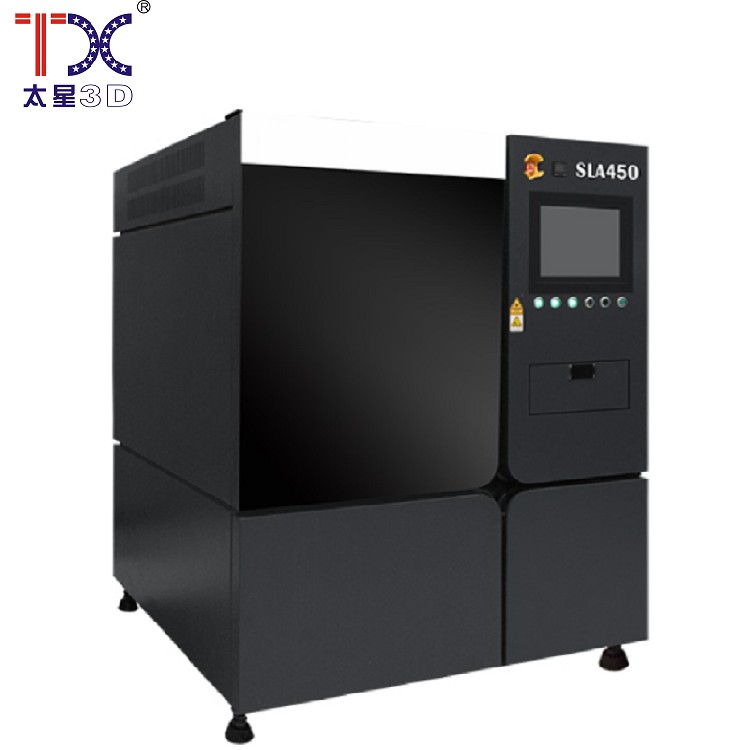
Taisin Light-adoptive 3D printer SLA450
-
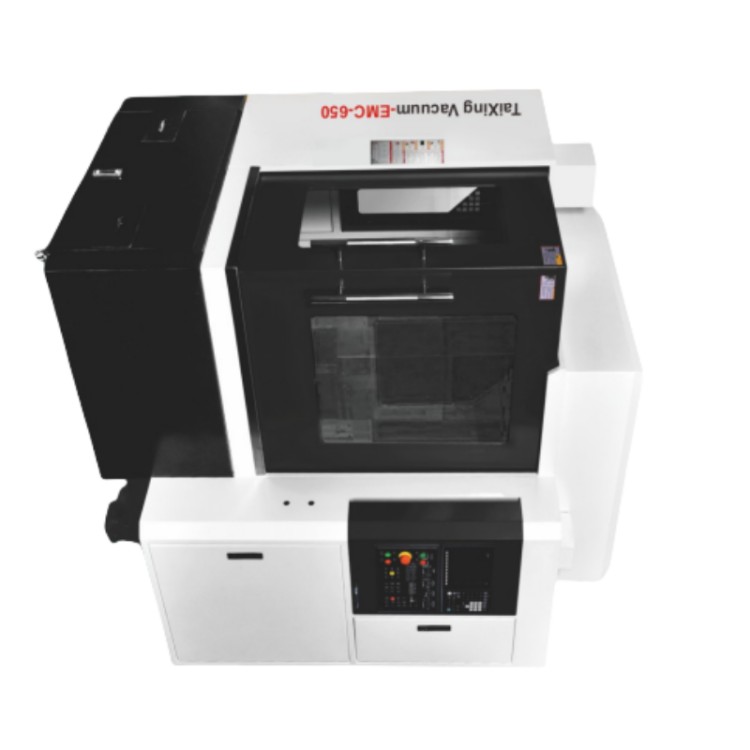
Taisin Gravity-milling machine EMC-650
-
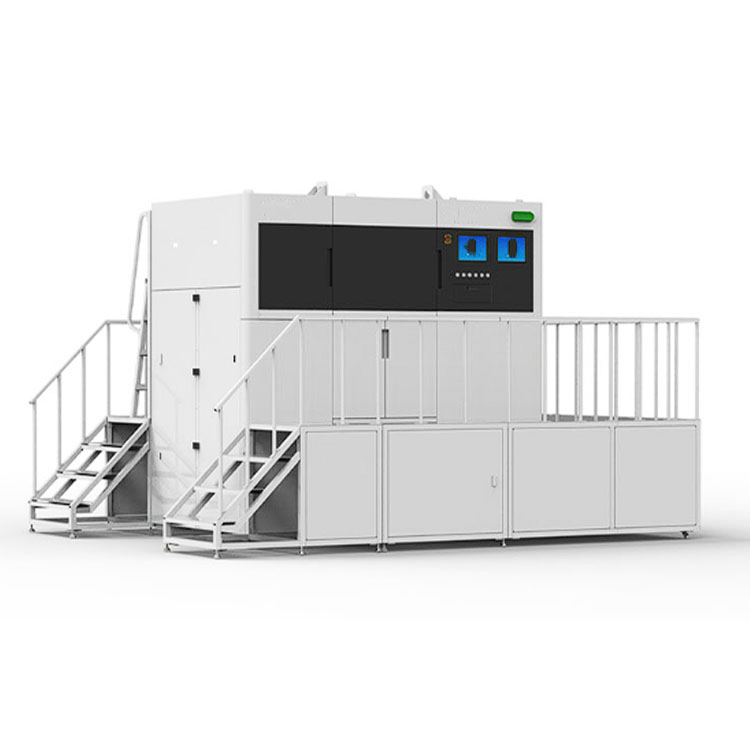
Taisin Metal 3D printer ISLM500D
-
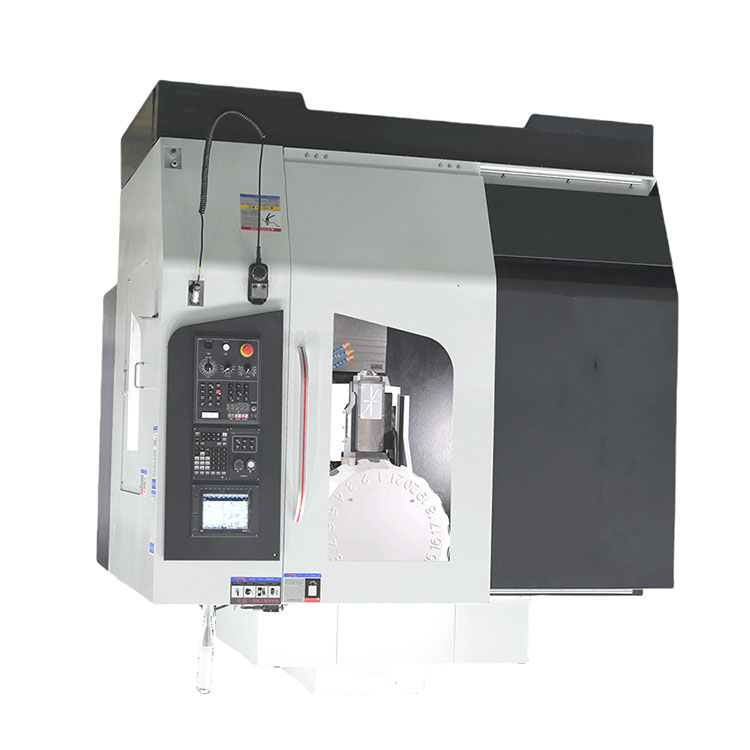
Taisin drilling and threaded-cutting machine with CNC TXT-700
-
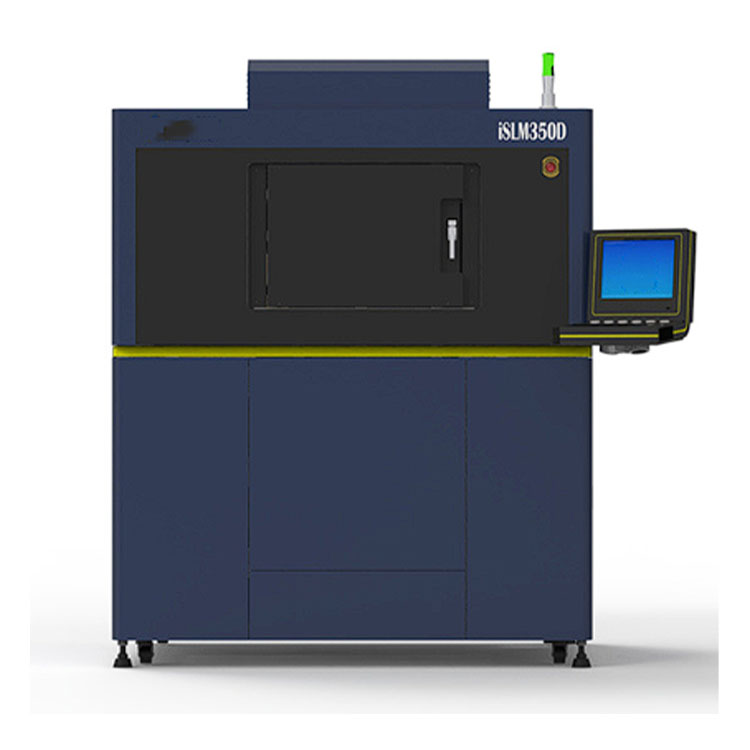
Taisin Metal 3D printer ISLM350D
-
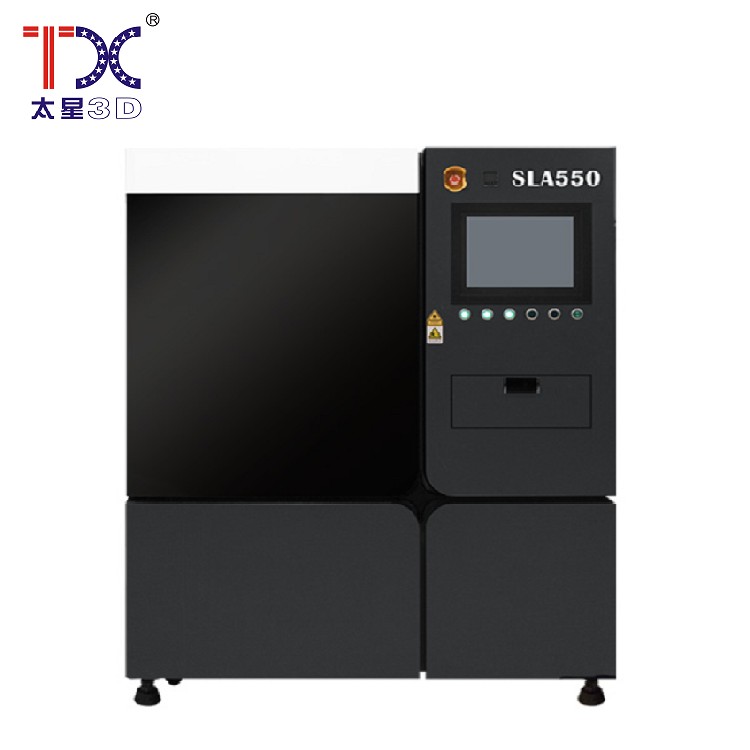
Taisin Light-adoptive 3D printer SLA550
-
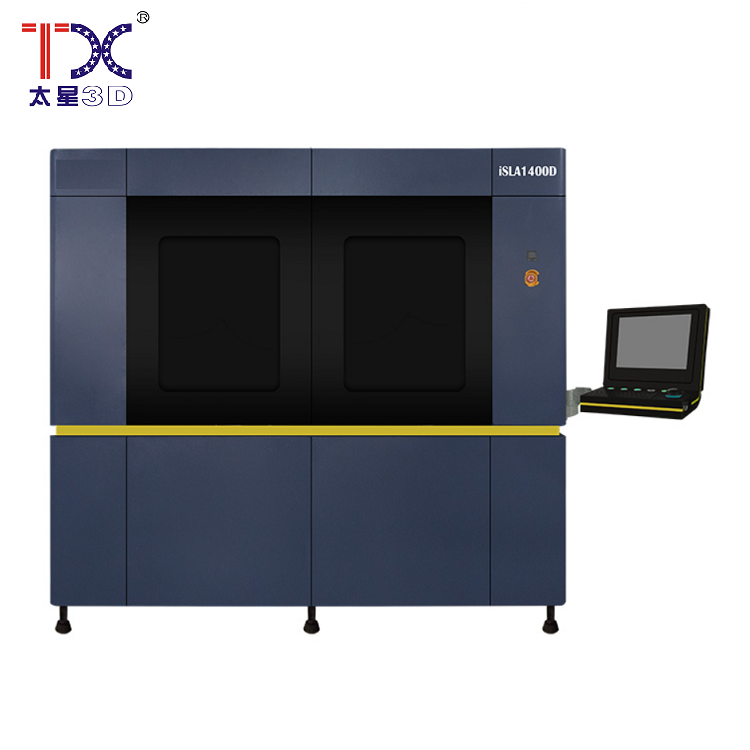
Taisin Light-adopted 3D printer SLA1300D
-
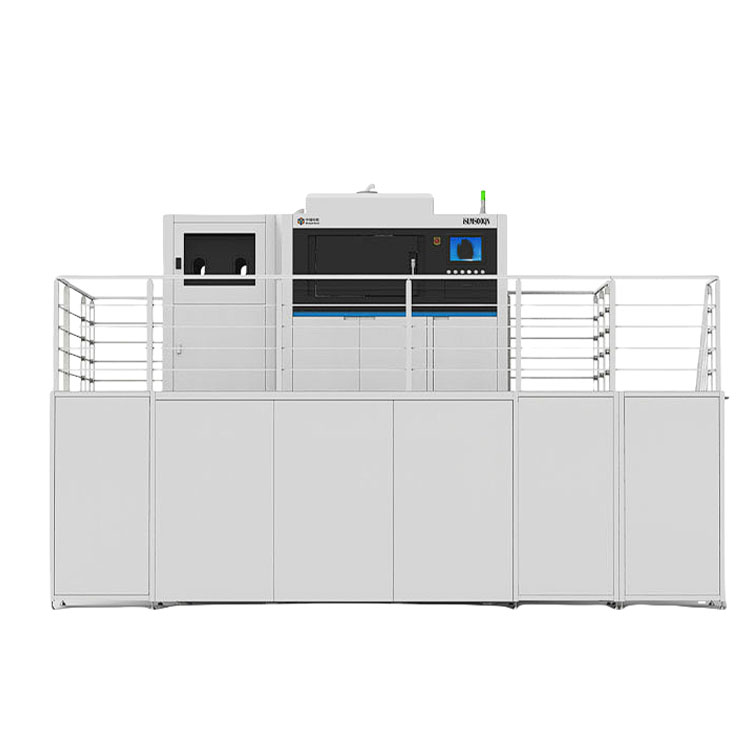
Taisin Metal 3D printer ISLM600QN
Taisin Light-adoptive 3D printer SLA1600D
Stereolithography (SLA) is a high-speed and high-precision 3D printing technology. Details are printed using a UV laser and a liquid photopolymer, cured by UV radiation-“photopolymer”. The laser beam is controlled to scan the surface of the liquid resin, so that the surface of the liquid resin hardens, forming the scanned film of the cross section of the part. After curing one layer, cover the newly formed layer with another layer of liquid resin and continue scanning to harden and combine it with the cross section of the previously rejected part. This happens forward and backward, a layer by a layer to print a full three -dimensional part.
Description
marker
Introduction of the product
Stereolithography (SLA) is a high-speed and high-precision 3D printing technology. Details are printed using a UV laser and a liquid photopolymer, cured by UV radiation-“photopolymer”. The laser beam is controlled to scan the surface of the liquid resin, so that the surface of the liquid resin hardens, forming the scanned film of the cross section of the part. After curing one layer, cover the newly formed layer with another layer of liquid resin and continue scanning to harden and combine it with the cross section of the previously rejected part. This happens forward and backward, a layer by a layer to print a full three -dimensional part.
Details about the product
Molded parts with the highest detail and the quality of the smooth surface
Accuracy up to 0.05 mm for the manufacture of precision prototypes.
Details can be made in a matter of minutes or hours, depending on the size and complexity of the part.
The possibility of manufacturing various parts and compound nodes.
Smolish materials differ in strength, detail, color, transparency and heat resistance.
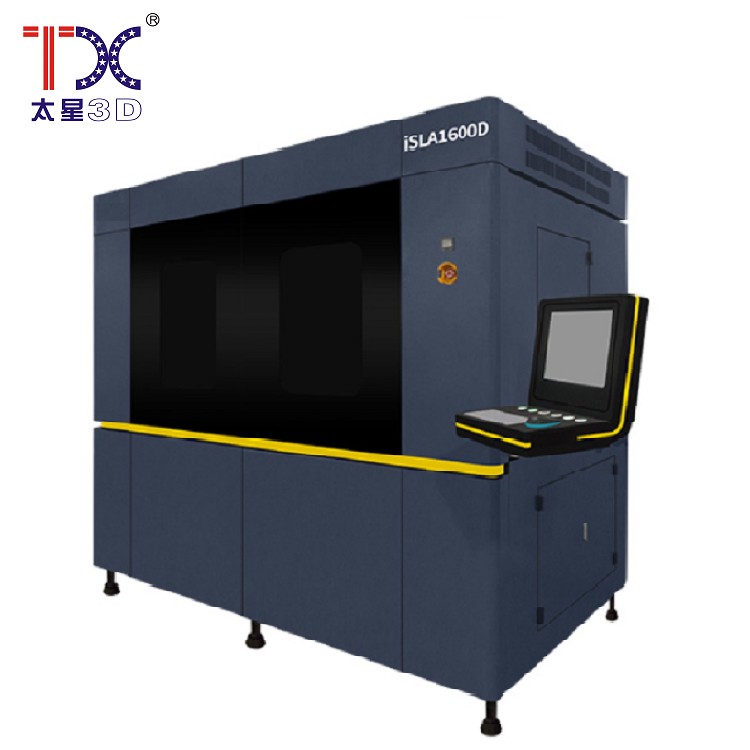
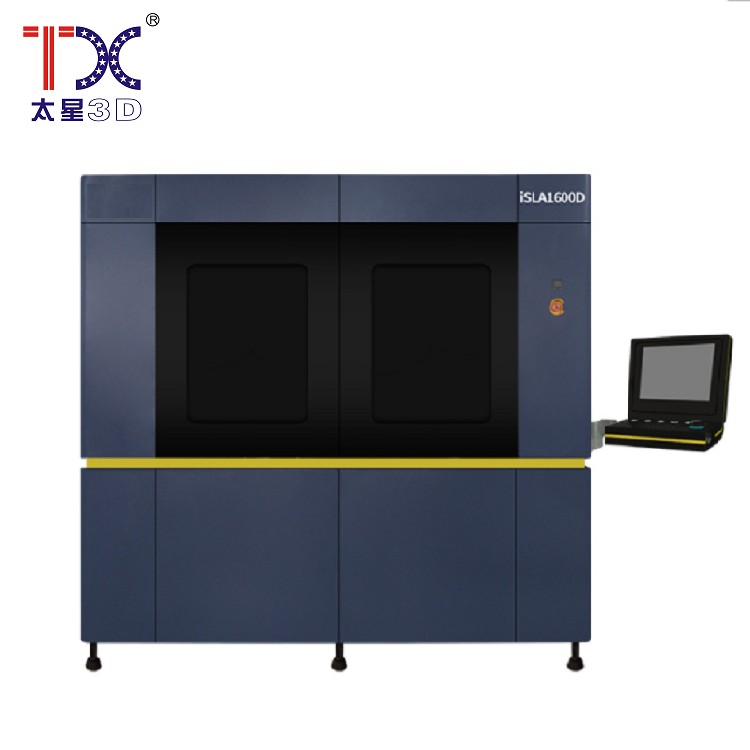
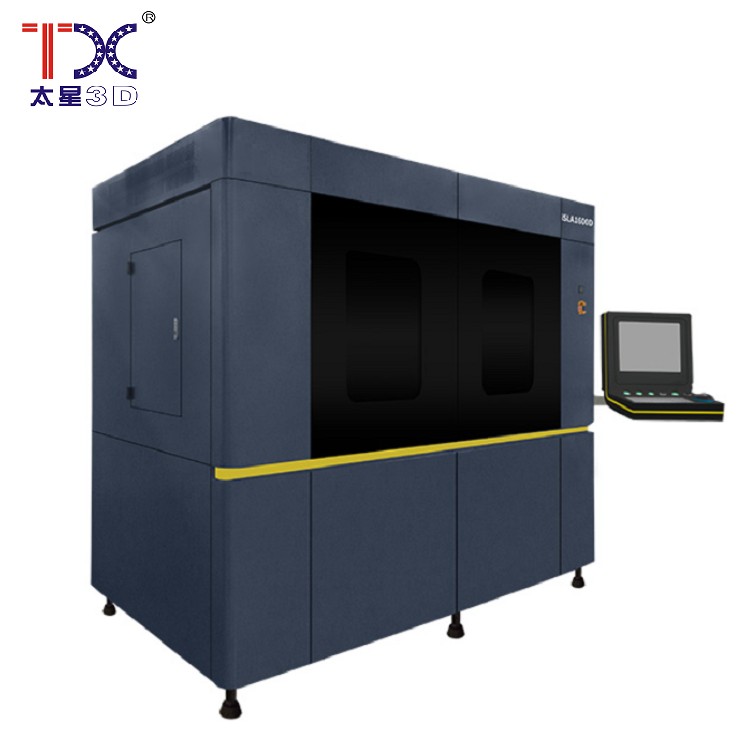
Technical characteristics ISLA1600D
| Classification | Specification |
| Laser system | |
| The number of lasers | Double laser |
| Lazer type | Solid -state laser with diode pumping (ND: yvo₄) |
| Wavelength | 354.7 nm |
| Laser power | 1000/2000/3000 MW |
| re -coating system | |
| Distribution method | Intellectual positioning is a vacular adsorption coating |
| Normal layer thickness | 0.1 mm |
| Quick creation of layer thickness | 0.1 ~ 0.15 mm |
| Precision thickness of the production layer | 0.05 ~ 0.1 mm |
| Optical scan system | |
| Spot (diameter@1/e²) | 0.10–0.16 mm (normal) 0.10-0.50 mm (dynamic zoom) |
| Scanning galvanometer | High -speed scanning galvanometer (double galvanometer) |
| Part scan speed | 6.0 ~ 20.0 m/s (recommended) |
| Partial jump speed | 20.0 ~ 40.0 m/s (recommended) |
| The reference speed of production | 150 ~ 450 g/h (super × 2 | double galvanometer) |
| Lifting system | |
| Repeat the accuracy of positioning | ± 0.01 mm |
| Lifting engine | High -precision cervical |
| Test platform | Marble reference platform |
| Resin tank | |
| Standard volume | About 1170 liters at 600 mm (Z) |
| Production platform XY | 1600 mm (x) × 800 mm (y) |
| axis z | 600 mm (standard) / <600 mm (by individual order) |
| The maximum weight of the part | 150 kg at 600 mm (Z) |
| The method of heating resins | Precise heating of resistance wires |
| Photosensitive resin | ZR680 (saturated white), ZR710 (strong white), ZR820 (high transparency), Realabs (persistent yellow), redwood (red yoma) |
| Management software | |
| Type of network | Ethernet, TCP/IP, IEEE802.3 |
| Management software | Isla (zero 5.0) |
| Data processing software | 3d layer |
| Data interface | CLI files, SLC files, STL files |
| Installation conditions | |
| Power supply | 200 ~ 240 in alternating current, 50/60 Hz, single -phase, 5/17 a |
| Environmental temperature | 20-26 ° C. |
| Relative humidity | Less than 40%, without hoarfrost |
| The size of the equipment | 2.55 m (w) × 1.60 m (d) × 2.35 m (B) (without computer rack) |
| Equipment weight | About 2500 kg |
| Warranty period | |
| Laser | 5000 hours or 12 months (depending on what will come earlier) |
| The whole car | 12 months from the date of installation |
